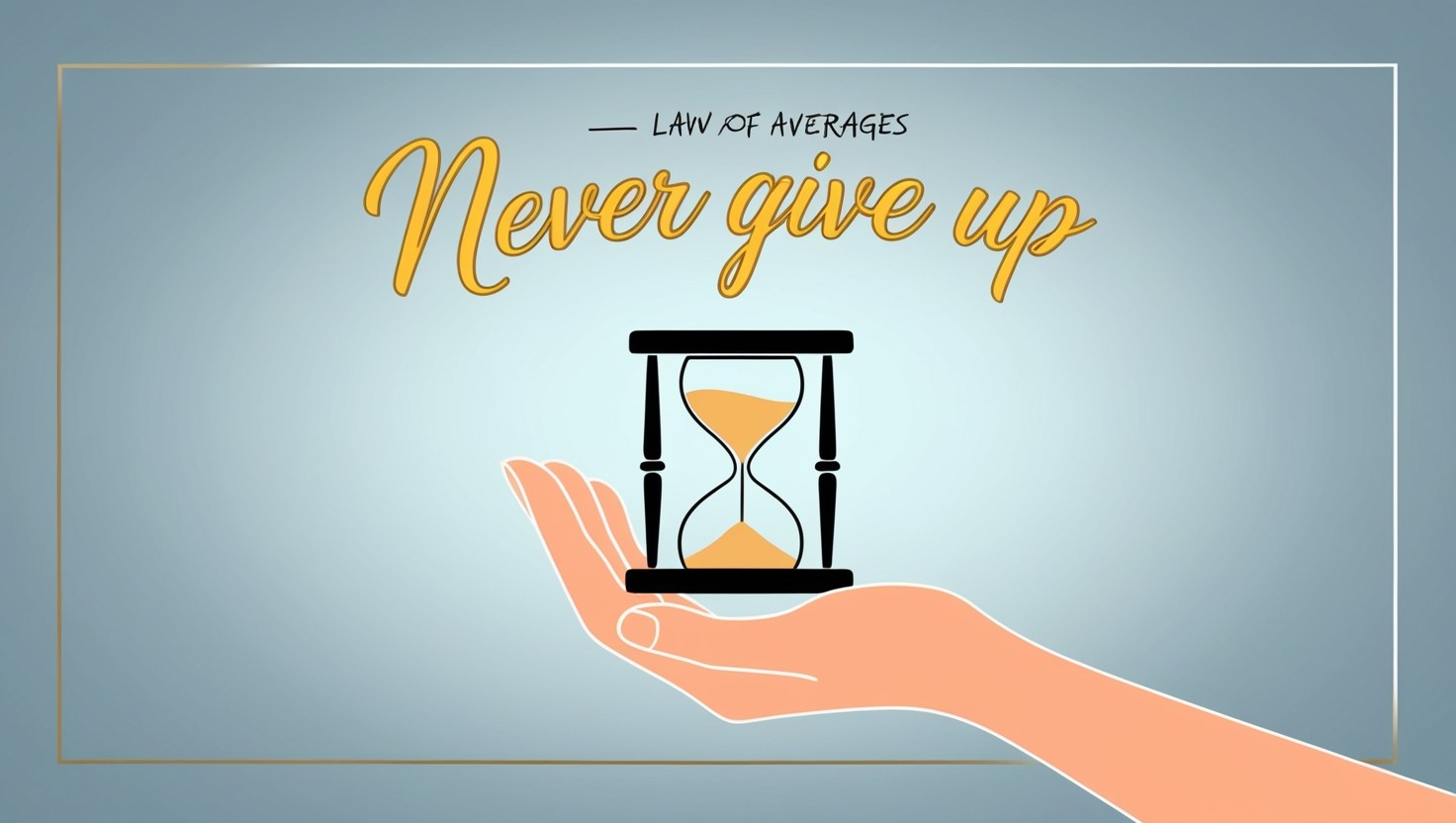Understanding FOMO in Investing
FOMO, or the fear of missing out, is a powerful emotional force that can lead investors to make impulsive decisions. It’s fueled by seeing others profit from hot stocks, cryptocurrency, or sudden market gains, and it often results in jumping into investments without proper research or strategy. While FOMO may seem harmless, it can lead to poor timing and significant losses. Understanding what triggers FOMO in investing is crucial to staying disciplined and focused on your long-term financial goals, rather than chasing short-term trends.
1. What Causes FOMO in Investing?
FOMO in investing is driven by various external factors that make investors feel like they’re missing out on lucrative opportunities. Social media, news outlets, and market trends often amplify this fear by showcasing success stories of others making large profits.
Example: The rise of meme stocks, like GameStop in 2021, saw many investors jump in as the stock price soared, despite having little understanding of the company’s fundamentals. Similarly, the cryptocurrency boom has triggered widespread FOMO, with investors fearing they’ll miss the next Bitcoin-like success.
2. The Negative Impact of FOMO
FOMO often leads to poor investment decisions, especially in highly volatile markets like cryptocurrency or during stock market uptrends. Chasing hot trends without understanding the fundamentals can result in buying at market peaks and experiencing significant losses when prices inevitably fall.
Example: In 2017, Bitcoin surged to nearly $20,000, only to crash to around $3,000 a year later. Many FOMO-driven investors who bought at the peak faced steep losses. Similarly, during the 2021 meme stock rally, latecomers to GameStop and AMC saw extreme volatility, resulting in substantial losses for many who followed the hype. Data shows that emotional investing, influenced by market highs, often underperforms long-term disciplined strategies.
3. Strategies to Overcome FOMO
FOMO can derail even the most disciplined investors, but with the right strategies, you can avoid making impulsive decisions.
- Stick to Your Investment Plan: Develop a clear, long-term strategy based on your financial goals and risk tolerance. Stay committed to your plan, regardless of short-term market hype.
- Diversify Your Portfolio: Reducing risk through diversification ensures you’re not overly dependent on a single asset class, helping you avoid chasing volatile trends.
- Limit Exposure to Market Noise: Reduce reliance on social media and sensational news sources that fuel FOMO-driven investment decisions. Focus on reliable, fact-based financial information.
By implementing these strategies, you can maintain discipline and avoid making emotional decisions that often result in losses.
4. Focus on Long-Term Goals
The key to overcoming FOMO is keeping your focus on long-term financial goals rather than short-term market fluctuations. Investors like Warren Buffett emphasize patience and consistency in building wealth over time, rather than reacting to market noise.
Example: If you had invested in the S&P 500 in 2008 during the financial crisis and held on, you would have seen significant gains over the following decade.
Action Tip: Set clear long-term objectives for retirement, savings, or major purchases, and automate contributions to your investment accounts to avoid emotional decisions.
5. The Role of Patience and Discipline
Patience and discipline are essential in investing, especially during periods of market volatility or hype. FOMO can tempt you to make impulsive decisions, but long-term success often requires waiting out market fluctuations and sticking to a proven strategy.
Example: Investors who remained patient during the 2008 financial crisis and didn’t sell in panic saw the stock market rebound significantly in the following years.
Action Tip: Automate your investments to remove emotions from decision-making and stay disciplined by regularly reviewing your financial goals, adjusting as needed but never based on short-term market trends.
Final Thoughts: Mastering FOMO in Investing
FOMO can lead to impulsive and emotionally driven investment decisions, but by focusing on long-term goals and practicing patience, you can avoid its negative impacts. Sticking to a well-defined investment plan, diversifying your portfolio, and tuning out market noise are key strategies to overcoming the fear of missing out. Remember, successful investing is about staying disciplined and keeping your emotions in check. By mastering your mindset, you’ll be better equipped to make sound financial decisions that lead to long-term success.



